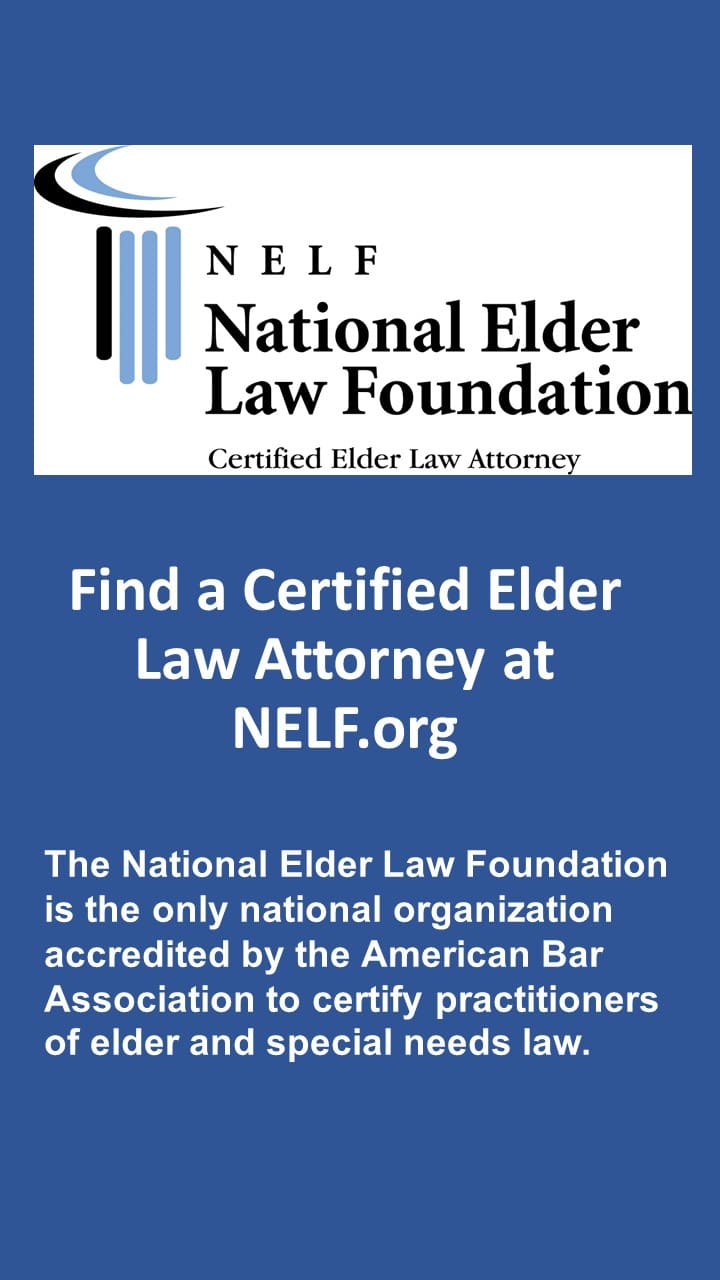Nursing home residents have a right to refuse unnecessary transfers within the facility. Specifically, 42 C.F.R. § 483.10(e)(7) and (8) provides that the resident has a right to be treated with respect and dignity, including:
(7) The right to refuse to transfer to another room in the facility, if the purpose of the transfer is:
(i) To relocate a resident of a SNF from the distinct part of the institution that is a SNF to a part of the institution that is not a SNF, or
(ii) to relocate a resident of a NF from the distinct part of the institution that is a NF to a distinct part of the institution that is a SNF.
(iii) solely for the convenience of staff.
(8) A resident’s exercise of the right to refuse transfer does not affect the resident’s eligibility or entitlement to Medicare or Medicaid benefits.
Definitions
“Campus”: Under §413.65(a)(2), ”Campus means the physical area immediately adjacent to the provider’s main buildings, other areas and structures that are not strictly contiguous to the main buildings but are located within 250 yards of the main buildings, and any other areas determined on an individual case basis, by the CMS regional office, to be part of the provider’s campus.”
“Composite distinct part”: Under §483.5, a composite distinct part is a type of distinct part SNF or NF consisting of two or more noncontiguous components that are not located within the same campus, as that term is defined in §413.65(a)(2).
“Distinct Part”: A distinct part SNF or NF is part of a larger institution or institutional complex. The distinct part SNF or NF is physically distinguishable from the larger institution or complex and may be comprised of one or more buildings or parts of buildings (such as wings, wards, or floors). Distinct part SNFs or NFs must be immediately adjacent or in close proximity to the institution’s main buildings. CMS may determine, on an individual basis that other areas are part of the institution’s campus and considered to be a distinct part SNF or NF. A distinct part SNF or NF must include all of the beds within the designated area, and cannot consist of a random collection of individual rooms or beds that are scattered throughout the physical plant. The term “distinct part” also includes composite distinct part SNFs or NFs. Additional requirements specific to distinct part SNFs or NFs are found at §483.5.
Guidance
A resident can decline relocation from a room in one institution’s distinct part SNF or NF to a room in another institution’s distinct part SNF or NF for purposes of obtaining Medicare or Medicaid eligibility. Facility staff are responsible for notifying the resident or resident representative of changes in eligibility for Medicare or Medicaid covered services and of what the resident’s financial responsibility may be. If the resident is unable to pay for those services, then after giving the resident a discharge notice, the resident may be transferred or discharged under the provisions of §483.15(b), F621, Equal Access to Quality Care.
When a resident occupies a bed in a distinct part NF that is certified to participate in Medicaid only and not in Medicare, he or she may not be moved involuntarily (or required to be moved by the State) from that distinct part NF to another part of the larger institution (e.g., hospital or intermediate care facility for individuals with intellectual disabilities) that houses the distinct part solely for the purpose of assuring eligibility for Medicare payments. Such moves are only appropriate only when they occur at the request of a resident.
A resident also has the right to refuse transfer if that transfer is solely for the convenience of staff. For example, a resident may experience a change in condition that requires additional care. Facility staff may wish to move the resident to another room with other residents who require a similar level of services, because it is easier for staff to care for residents with similar needs. The resident would have the right to stay in his or her room and refuse this transfer.




